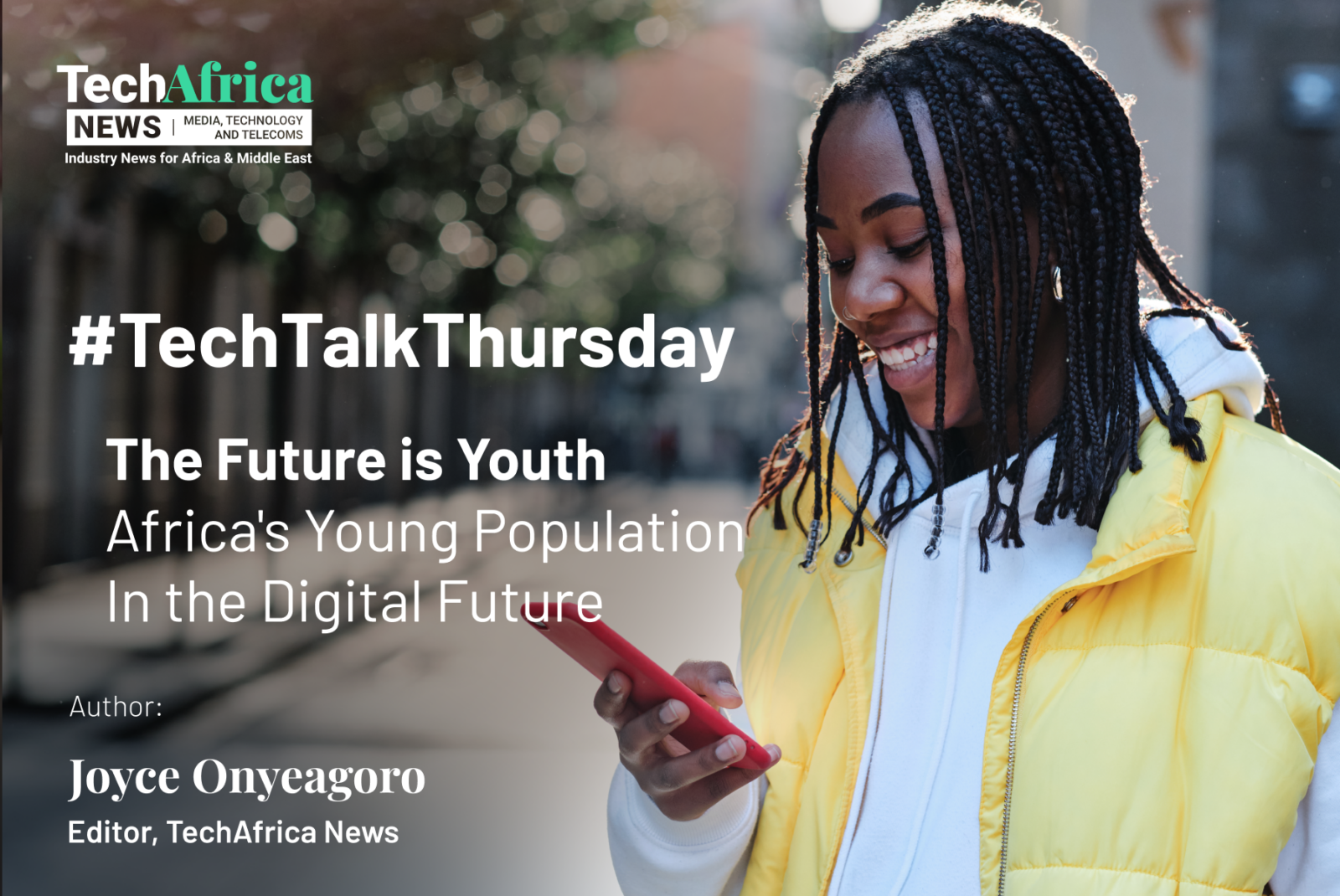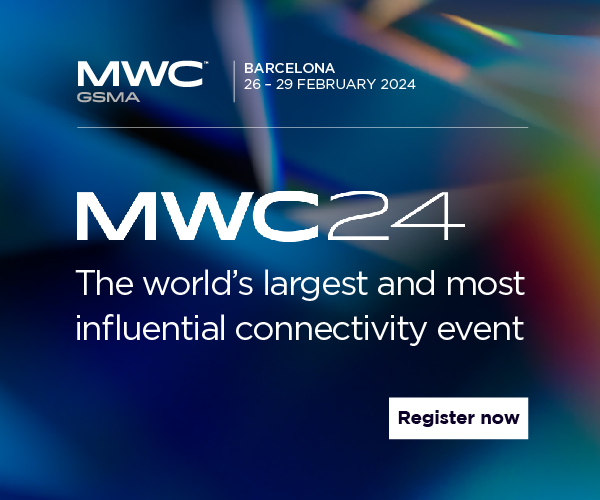During the summit, the idea of creating a single digital market by 2030 was emphasized repeatedly. Could we discuss how this goal will affect the general population in terms of cost?
Lacina Koné: The impact is going to be undeniably positive because transforming a continent into a single digital market basically means unlocking the continent’s opportunities within itself. The hypothesis is that if a country is not integrated digitally, for example, people tend to focus more on the process of the market. Rwandan and Kenyan entrepreneurs, as well as Kenyan Small Business Enterprises, are focusing on the 48 million Ghanaians and 30 million device users, respectively, while 27 million people are the focus in another country.
Transforming a continent into a single digital market can only positively impact socioeconomic development because it will unlock opportunities for SMEs and our startup champions. Additionally, it builds trust within our governments.
Lacina Kone, CEO of Smart Africa
Transforming a continent into a single digital market can only positively impact socioeconomic development because it will unlock opportunities for SMEs and our startup champions. Additionally, it builds trust within our governments. Being integrated digitally means we can authenticate; a country or continent is only as important as its reputation.
To show that we are transparent with our partners outside the continent, Africa must produce electronically verifiable documents to increase our credibility.
During the opening ceremony, you mentioned the benefits of the digital market, stating that despite its size of 1.4 billion people, half of this market does not have access to the Internet. This reduces the potential size of the digital market to 700 million people. Do you see this as one of your main challenges in achieving this digital market?
Lacina Koné: Connecting Africa to the rest of the world is one of the mountains and hills we still need to climb. We still need to tackle a big problem: connecting Africa to the digital world. While nearly 63% of the world’s population thrives online, Africa is lagging behind at just 40%. This is unacceptable because we need everyone to be connected if we want real change.

Currently, only 700 million Africans are connected, which is just a small fraction of the population. To truly transform society, we need digitized government services and private sector initiatives to reach every corner of the continent.
Reducing this digital divide is a huge challenge. According to the World Bank, we need $100-105 billion to close the funding gap for infrastructure. This is not just a problem for the private sector, but also for the government. Private companies are only interested in making a profit, so they’ll only go where the population density is high. It’s up to the government to make sure that every citizen, whether they live in a city or rural area, has access to universal connectivity.
In short, we can’t leave anyone behind in this digital age. We must work together to bridge the digital divide and ensure equal opportunities for all.
That’s a great point. The advantage of Smart Africa is that all the heads of state come together with a common goal. Over time, this has resulted in a more cohesive African identity. We are all familiar with the challenges of affordability and the need for collaboration between the public and private sectors. However, should we already have a blueprint in place at this stage?
Lacina Koné: Absolutely! Starting today, we have a 12-point blueprint available on our website that addresses a range of issues, including affordability, connectivity, smart broadband connectivity, and rural connectivity in Senegal by 2025. We also cover bulk versus address affordability, intra-Africa connectivity through Smart Africa’s backbone addresses, and integration of payment systems across Africa through Ghana’s Pan-African payment system. This is the answer we are presenting at this summit, and we are proud to showcase our progress.
Currently, only 700 million Africans are connected, which is just a small fraction of the population. To truly transform society, we need digitized government services and private sector initiatives to reach every corner of the continent.
Lacina Kone, CEO of Smart Africa
We have moved beyond just talking about these issues and are now taking action. This year’s summit is focused on SPV integration, with a number of agreements already signed. Our goal is to create SPVs for viable and scalable projects, allowing us to move forward with investors.
Based on your personal experience, do you feel that there has been progress?
Lacina Koné: Over the past four years, we have observed significant progress in many countries, but it’s crucial to note that the countries making the most progress are those with highly progressive regulatory environments. In fact, access to capital is not the primary issue. Rather, it’s akin to rain – it falls when specific conditions are met, much like how capital flows when certain regulatory and conducive environments exist.
In summary, the success of a country’s progress is highly dependent on the regulatory environment it fosters, as this plays a vital role in attracting capital and driving economic growth.
Would you say that political will is sometimes a reason why progress is not made as quickly?
Lacina Koné: Definitely! Everything is about political will. Being technically savvy is not enough. You may have the technology, but without the will to implement it, progress will not be made. However, if you have the will, technology can accelerate it.
There have been high-level, closed-door meetings between heads of state. Can you provide more insight into what was discussed during these meetings? Are our governments prepared to implement significant changes and move towards digitizing the continent?
Lacina Koné: During the closed-door meeting, we reached a high level of discussion. We assessed whether the summit achieved its objective, and the answer is yes. For the first time, we held the summit outside of Rwanda Kigali, where the previous five editions took place. We made this decision to allow other countries to familiarize themselves with the concept.
Our main objective was to gather the heads of state from the region around a particular summit whenever it is organized in a different country. We successfully achieved this objective as we had four heads of state and one king in attendance.
Can you tell me your thoughts on what we can expect to see following the summit in the near future?
Lacina Koné: We’re happy to report that the project is moving forward successfully. One of our major accomplishments has been the declaration of the Smart Africa Trust Alliance, with seven West African countries signing up. We’re also making progress in Southern Africa, with countries like Zimbabwe, Zambia, Malawi, and Botswana joining the Africa CDC.

In addition to this, we’ve established a special-purpose vehicle for a smarter Africa Continental, and we’re proud to say that more than a dozen countries have already signed up for it. To reduce costs and make our initiatives more affordable, we’ve introduced the Bulk Purchases Market Day program. This program has been well-received, and half a dozen countries are already participating.
Another important aspect of our project is Smart Africa Digital Academy (SADA) in the box, which is a self-study smart digital academy. It is designed to help decision-makers gain critical digital skills, and so far we have trained more than 3500 individuals. Moving forward, we plan to expand our focus on tech entrepreneurship and continue to empower individuals with the knowledge and tools they need to succeed in the digital age.
Would you also say that Smart Africa is growing positively, so that people, including international associations, will acknowledge it more in companies?
Lacina Koné: We are experiencing growth at all levels. During our board meeting, we discussed joining Smart Africa with 36 members, including the King of Eswatini, who expressed interest in joining. We went into the meeting with 36 members and emerged with seven. Additionally, the Gambia has expressed interest in joining Smart Africa, which aligns with our mission to join Africa. We also have new partners who have signed up to become platinum members, and we have individuals who are interested in signing an MOU with us. Every single parameter is showing positive growth, and we are excited about these developments.












